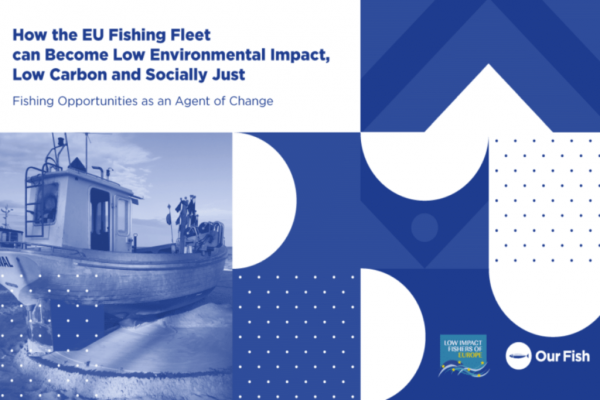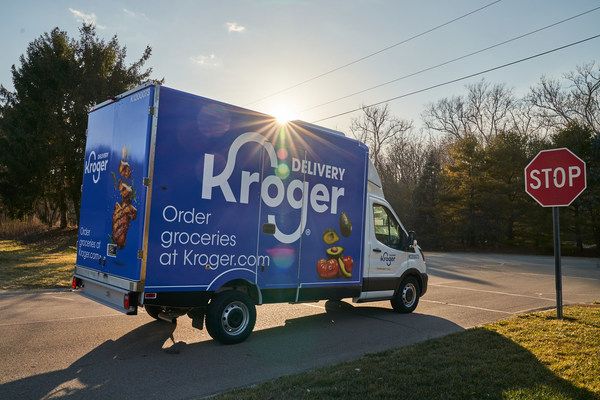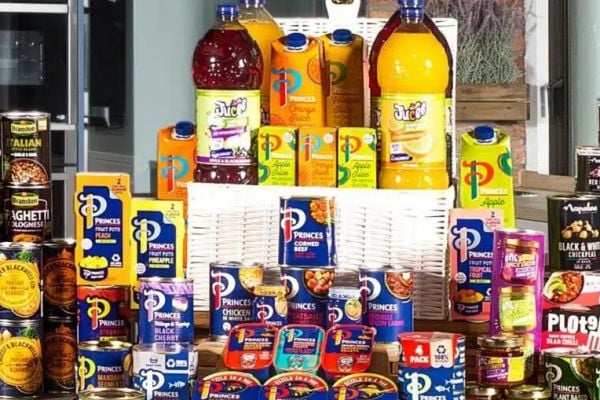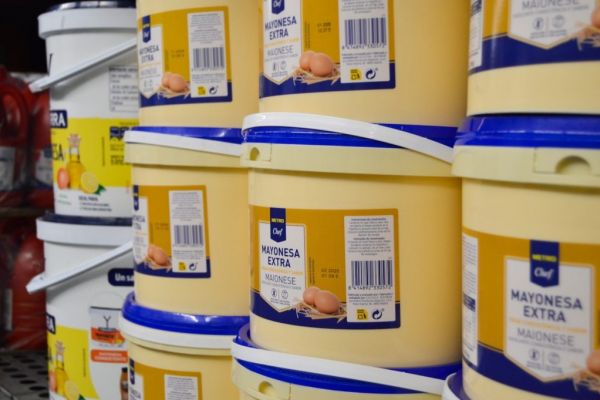A report published by the Our Fish campaign and Low Impact Fishers of Europe (LIFE) has urged the EU to implement Article 17 of the Common Fisheries Policy (CFP) to allow for a more sustainable fishing industry.
The report, How the EU can Transition to Low Environmental Impact, Low Carbon, Socially Just Fishing, outlines how Article 17 can play a crucial role in ending overfishing in EU waters and address the issues of biodiversity and climate change.
Article 17 was introduced in 2017 as part of a reformed CFP, but according to the two groups, it is being under-utilised by governing bodies. The article outlines that fishing quotas can be allocated based on transparent and objective criteria of an environmental, social, and economic nature.
The Our Fish campaign and LIFE are attempting to ensure that this becomes mandatory, meaning that fisheries must abide by those criteria in order to be allowed to fish.
Brian O’Riordan, executive secretary, LIFE, said that the system is currently being used to reward “those who fish the most, and not for those who fish most sustainably.”
Developing A Ratings System
O’Riordan has called for a reversal of this, and in collaboration with Our Fish, LIFE has put forward a suggested strategy for how quotas can be allocated. The objective criteria would draw from environmental, social, and economic strands as outlined above, and would be combined to form a rating system that would allocate a score to each fishery based on their performance against the criteria.
The criteria would include examining the marine seabed and carbon cycle impact of a particular group’s fishing approach, as well as their history of previous compliance with rules, meaning those who continuously break EU fishing laws will be punished on a long-term basis. This in turn will allow for fairer treatment of smaller fisheries who receive fewer subsidies.
This push to utilise Article 17 comes at a timely manner, as next year, the European Commission must report on the implementation of the CFP, providing a once in a decade opportunity to “reset European fisheries policy on a correct course, beginning with a just reallocation of quota,” according to O’Riordan.
Rebecca Hubbard, programme director with Our Fish, noted that “using quotas provides an opportunity to incentivise change” within the CFP, and pointed to a recent successful implementation of Article 17 by the French courts as an example of the change that can be enacted.
Allocation Of Quotas
A case was recently brought to court in France by the Union of Small-Scale Fishers from the Occitan Region, on whether a particular quota was allocated in a transparent manner. The judge on the case ruled that the Bluefin tuna quota allocation mechanism in place falls short of requisite European standards, is neither transparent nor objective, and fails to take proper account of Article 17 of the CFP.
This could prove to be a major victory for small-scale fisheries, and those who wish to see a more sustainable fishing industry in the EU, with less reliance on industrial fisheries.
However, there is still a long way to go in terms of guaranteeing the long-term success of the Article, as a recent survey of member states revealed that 12 out of the 16 countries who responded had “no environmental criteria in place,” according to Hubbard.
As she explained, this stems from a lack of political will, strong guidance, and a clear framework, which is what Our Fish and LIFE hope to address in the coming years.
Driving Future Action
The report outlines four actions that need to be carried out if a more sustainable fishing industry is to be created in the EU. The actions are as follows:
- Seek input from scientists and stakeholders on the criteria for allocating quotas
- Drive a transparent and accountable process to design the allocation criteria and rating system for implementation
- Develop guidance for member states on how to utilise Article 17
- Use the 2022 CFP Implementation report to create a timeline to utilise Article 17 across the EU
“The European Commission can, and considering the current climate and biodiversity crisis, should, urgently help to accelerate this transition," Hubbard added, "while EU member states need to demonstrate political will and commitment to doing the necessary work to secure a healthy future for our fish populations and coastal communities."
© 2021 European Supermarket Magazine. Article by Conor Farrelly. For more Fresh Produce news, click here. Click subscribe to sign up to ESM: European Supermarket Magazine.














